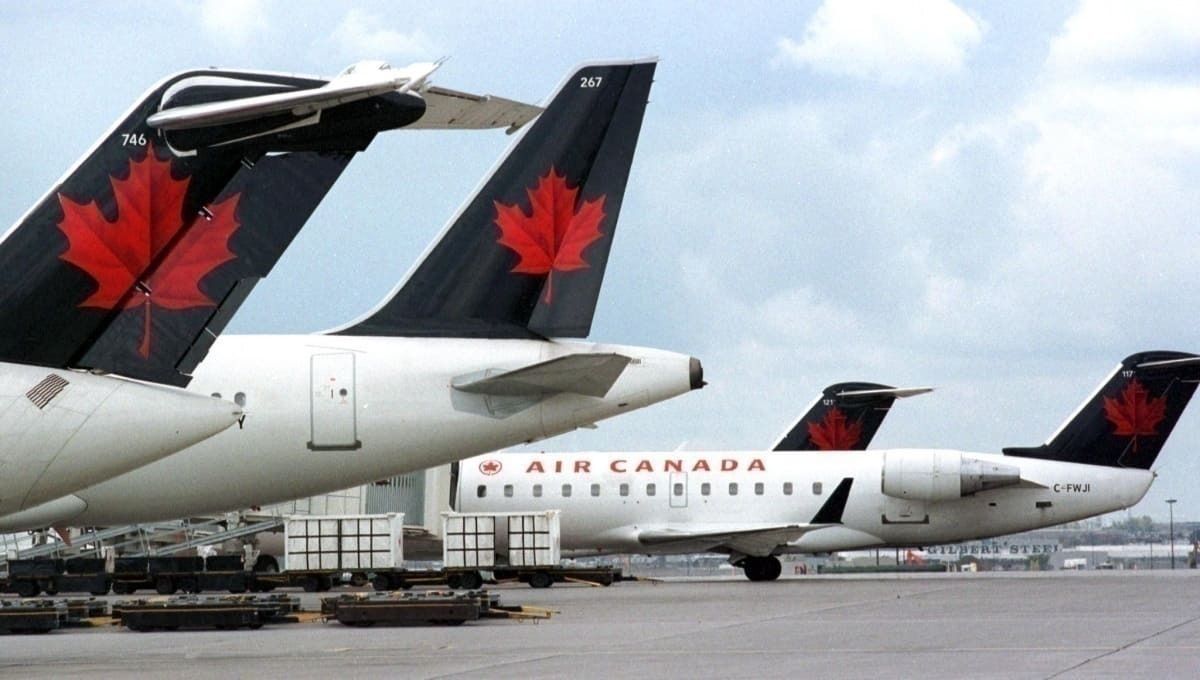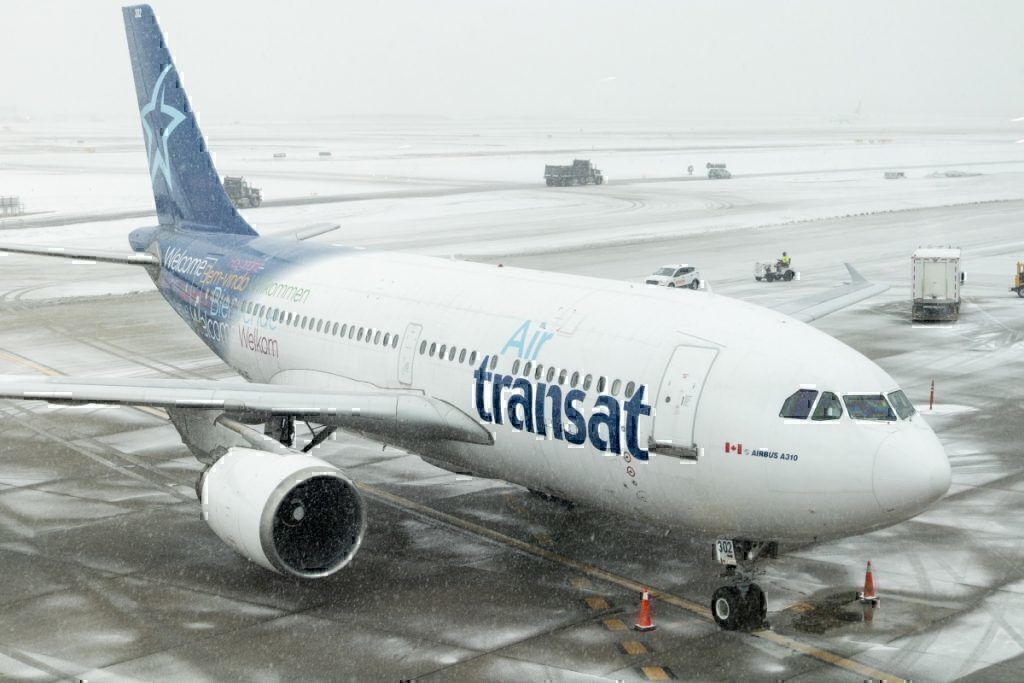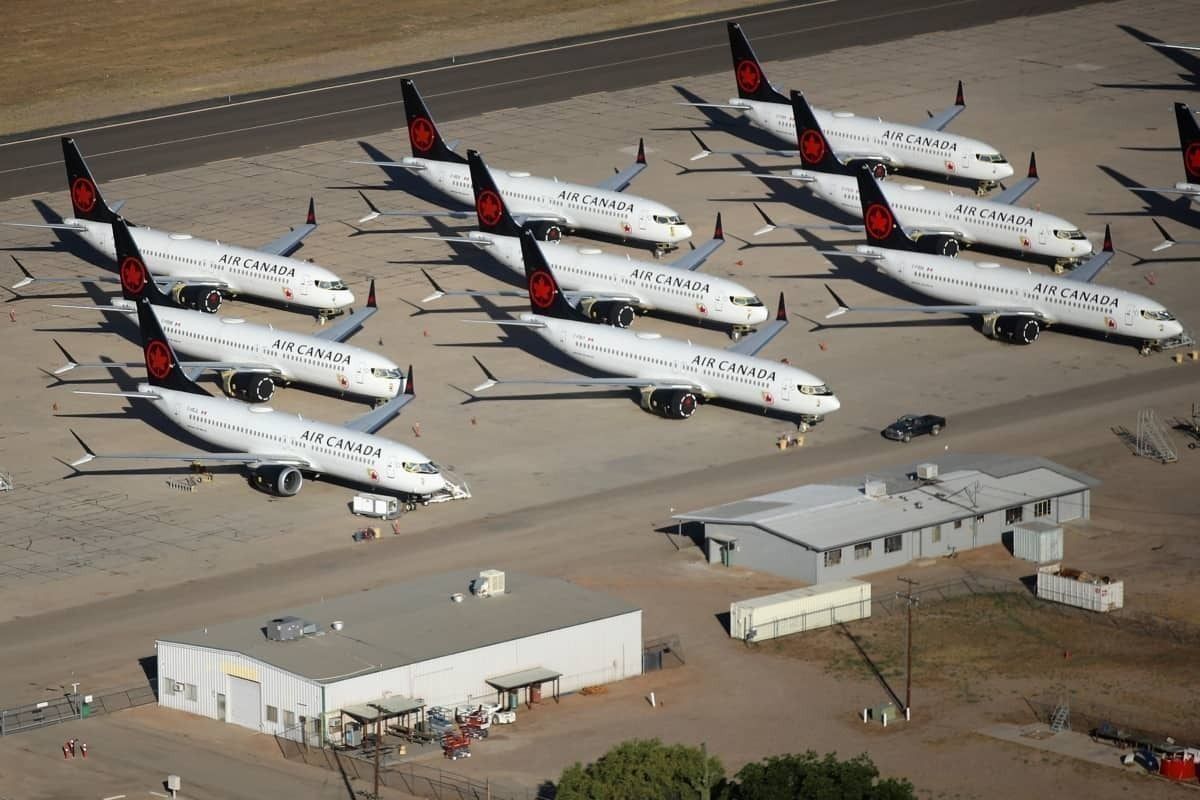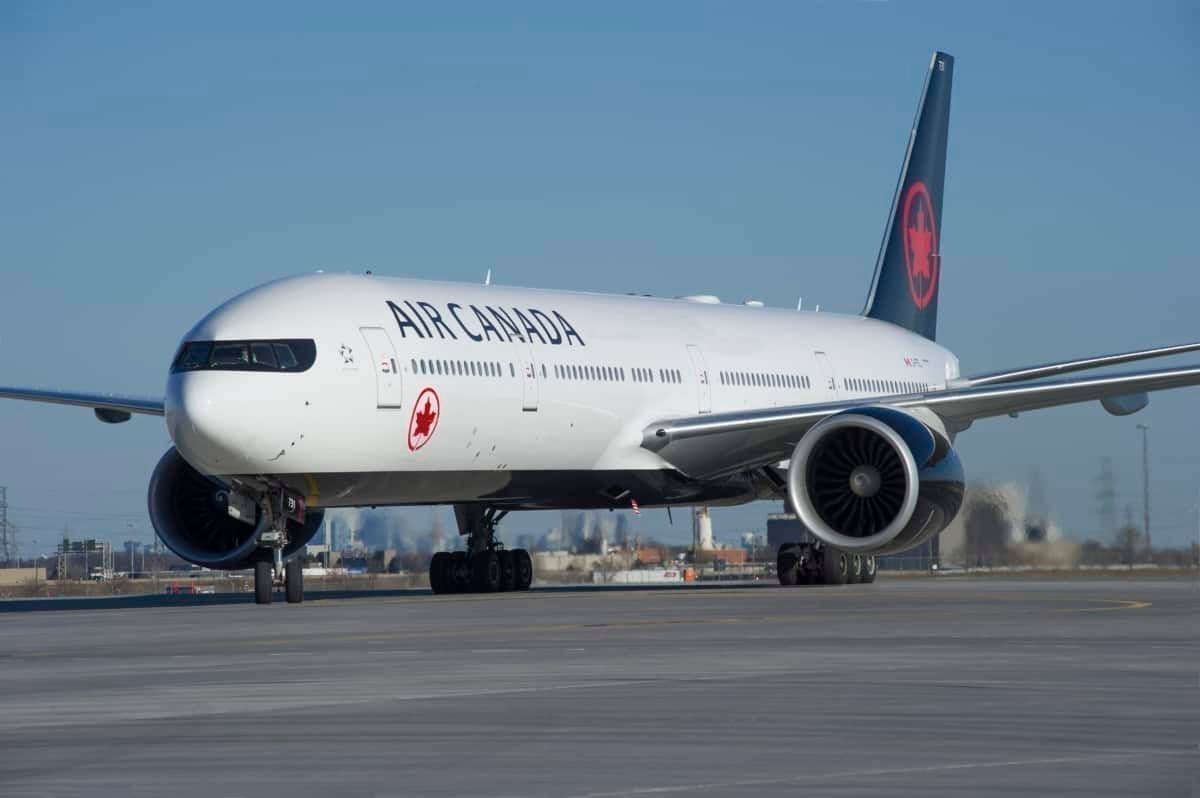The planned merger between Air Canada and Air Transat has been thrown into question as the fallout from COVID-19 continues. Canada's national airline is reported to be lobbying Ottawa to block the deal, to allow it to walk away unscathed.
Looking to get the deal blocked
The impact of COVID-19 has thrown a shadow on the planned merger of Air Transat and Air Canada. Originally green-lighted by Air Transat shareholders in August last year, the deal saw Air Canada fighting hard to acquire the smaller airline. Indeed, Air Canada had raised its offer from CA$13 a share to CA$18 a share to get its hands on the Quebec airline.
Now, it seems Air Canada could be getting cold feet. Local outlet Journal de Montreal claims that three sources familiar with the matter have said that Air Canada is actually lobbying the state to intervene and block the transaction. Specifically, it has been in discussion with Ottawa no less than 25 times over the last couple of months.
However, Air Canada is not willing to confirm these allegations. A spokesperson for the airline told the Journal de Montreal,
"All of the meetings registered by Air Canada in the lobbyists' register with the ministers of the federal government relate only to the impact of COVID-19, and not to the acquisition of Transat."
However, in his daily press briefing, Prime Minister Justin Trudeau alluded to discussions about the merger, saying,
"We are going to look at this situation between Air Canada and Air Transat … We are going to do what we have to do to ensure that Canada remains a globally competitive country for air travel."
Why would Air Canada want the merger blocked?
Although Air Canada was clearly keen to get its hands on Transat last summer, things have changed immeasurably since then. It's likely that the deal no longer makes sense to the national carrier, and therefore is looking for a way to slide out with the minimum of disruption or penalty.
Air Canada has been having a tough time during the crisis. The airline is looking to ax around 20,000 jobs from its workforce, and has said it expects a three year recovery, calling the crisis its "darkest period ever."
The airline has been working to raise funds to finance its operations and has recently increased the size of its financing deal by CA$1.4bn ($1.02bn). This has been done via a combination of debt and selling of share stakes.
Is it likely to be blocked?
The merger between Air Canada and Air Transat has not yet been green-lighted by the Canadian state or by other stakeholders in the plan. Back at the end of March, the Competition Bureau of Canada highlighted its concerns over the merger, citing increased prices, fewer choices and the overlap of routes between the two carriers.
And it's not just the Canadians that are evaluating the deal either. The European Commission is also investigating its own concerns that the deal could reduce competition for passengers traveling between Europe and Canada. The in-depth investigation under the EU Merger Regulation has been ongoing since May 25th and is likely to take around 90 days to complete.
Without the approval of both parties, the merger could well be blocked. This would allow Air Canada to walk away from the deal without notable damage, rather than having to admit they no longer want Air Transat.
Do you think the deal should be quashed? Let us know in the comments.




